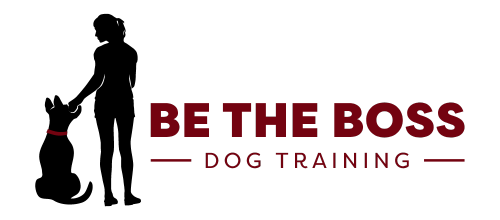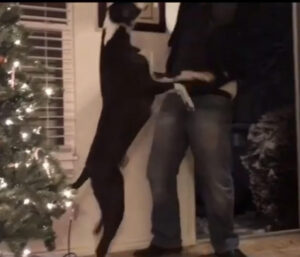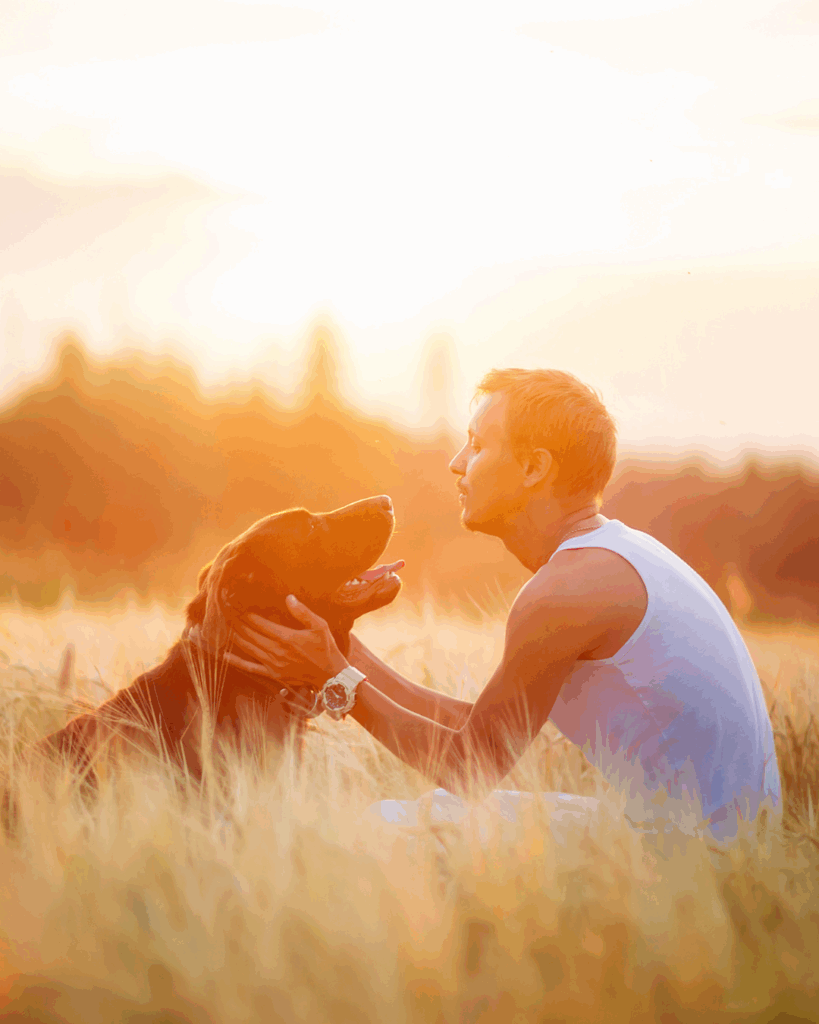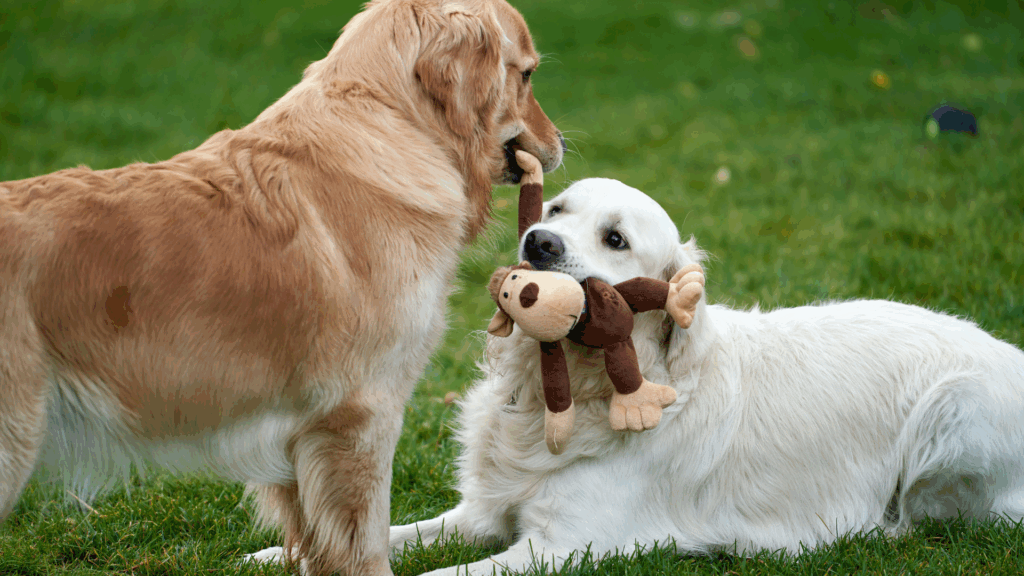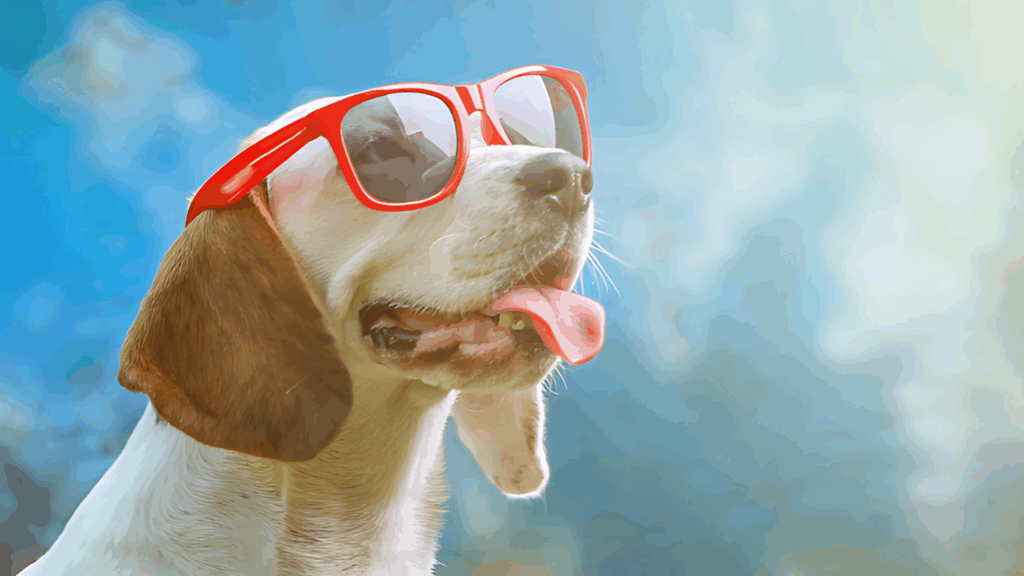You’d be surprised how often I get this question. And my answer is always the same to every client…”Whatever works for you!”
If you don’t mind your dog jumping on people, and they don’t mind either, then keep doing that. If your dog barks their head off and you have to put them in a crate when people come over, and that doesn’t bother you….then do that!
I have clients who are starting training and their dog can’t handle excitement, so they kennel the dog and correct the barking when guests are over. Others have dogs that are able to be in the room but have to remain on their dog bed for them to stay relaxed and to respect personal bubbles. And still others let their dog happily greet everyone and then go relax in the corner.
Dog training does not mean you absolutely, positively have to train your dog one way, and that’s the only correct way. Dog training just shows you how to communicate and how to teach them the value of yes and no. It’s up to you what to implement in your home.
But believe me, almost everyone implements what I teach. Because really, who wants a jumping, barking, mess of a dog at the door?
